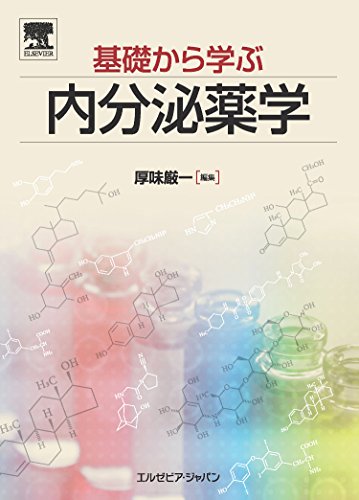2 0 0 0 OA 薬物乱用に対する薬学生の認識と教育効果の評価
- 著者
- 齋藤 百枝美 村上 勲 厚味 厳一 土屋 雅勇 夏苅 英昭
- 出版者
- Japanese Society of Drug Informatics
- 雑誌
- 医薬品情報学 (ISSN:13451464)
- 巻号頁・発行日
- vol.16, no.1, pp.1-9, 2014-05-30 (Released:2014-06-09)
- 参考文献数
- 6
- 被引用文献数
- 2
Objective: In this study, we evaluated to examine the short-term educational effects for drug abuse prevention, including lectures and students’ awareness of drug abuse.Method: A questionnaire consisting of eleven items and SD method-based image survey were conducted three times, prior to and following the lectures and after the summer vacation for first-year students of the Department of Pharmacy.Results: The numbers of responses to the questionnaire surveys conducted prior to and following the summer vacation were 323 (response rate: 95.8%) and 332 (response rate: 97.9%), respectively. When asked: “Do you think that people should be allowed to use cannabis (illegal herbal drugs) as long as they do not cause any trouble to others”, 2.8 (3.4) and 6.9 (6.6)% of students answered “Yes” after the lectures prior to the summer vacation and following it, respectively; there were both increased. Following the summer vacation, 28.6% of students answered “Yes” to the question: “Have you ever seen or heard of people using cannabis or illegal herbal drugs ?” A total of 2.1% of students had been “solicited to use cannabis or illegal herbal drugs”, and all of them stated that it would be “easy to obtain illegal herbal drugs”. As the reason for drug abuse by young people, 140 students (42.2%) cited “curiosity”, and 81.6%, or 271 students, stated that they would “refuse” to use any illegal drugs even if they were asked to do so. The results of the SD method-based image survey suggested significant changes in students’ awareness of drug abuse during the summer vacation; they had the image of little risk on drug abuse prevention following the vacation.Conclusion: The effects of learning were not maintained in some first-year students because they faced a variety of temptations during the short summer vacation and their normative consciousness and images of drug abuse easily changed. Therefore, it is necessary to provide lectures for new students to help them acquire accurate knowledge of drug abuse, enhance their normative consciousness, and increase their self-awareness as health care professionals, develop curriculums on a continuing basis, and deploy specialists so that students with psychological problems as identified by the survey, including stress, escapism, mental weakness, and anxiety, can consult them.
2 0 0 0 OA 食品中の血栓予防成分の探索と血液凝固系の日内変動を考慮した機能性食品の開発
- 著者
- 岸本 成史 小佐野 博史 奥 直人 渡邊 真知子 安藤 崇仁 厚味 厳一 板垣 文雄 大藏 直樹 岩澤 晴代 長谷川 仁美 長田 洋一
- 出版者
- 一般社団法人 日本薬学教育学会
- 雑誌
- 薬学教育 (ISSN:24324124)
- 巻号頁・発行日
- vol.5, 2021
<p>帝京大学薬学部では,4年次に統合型の演習科目「薬学統合演習1」を開講し,約300名の学生を対象に講義室内で薬物治療症例の問題基盤型学習を行っているが,2020年度はCOVID-19のパンデミックによりオンライン形式での遠隔授業として行うことになった.オンライン授業はオンライン会議システムと学習管理システムを組み合わせて用いて実施し,症例検討のスモールグループディスカッションはオンライン会議システムのブレイクアウトルーム機能を利用して行った.また,症例シナリオや授業の実施内容を極力変えず,履修者全員が確実に授業に参加できるよう考慮して授業を行った.授業終了後に学生が得られたと感じた学修成果や授業の満足度は,従来の授業と比べて差異がなかったことから,本演習をオンライン形式で行った場合でも,対面形式と遜色ない学修成果が得られたものと考えられた.</p>
1 0 0 0 基礎から学ぶ内分泌薬学
- 著者
- 厚味厳一編集
- 出版者
- エルゼビア・ジャパン
- 巻号頁・発行日
- 2013
